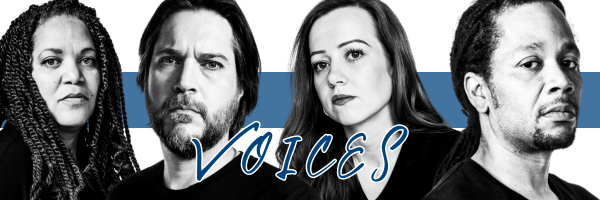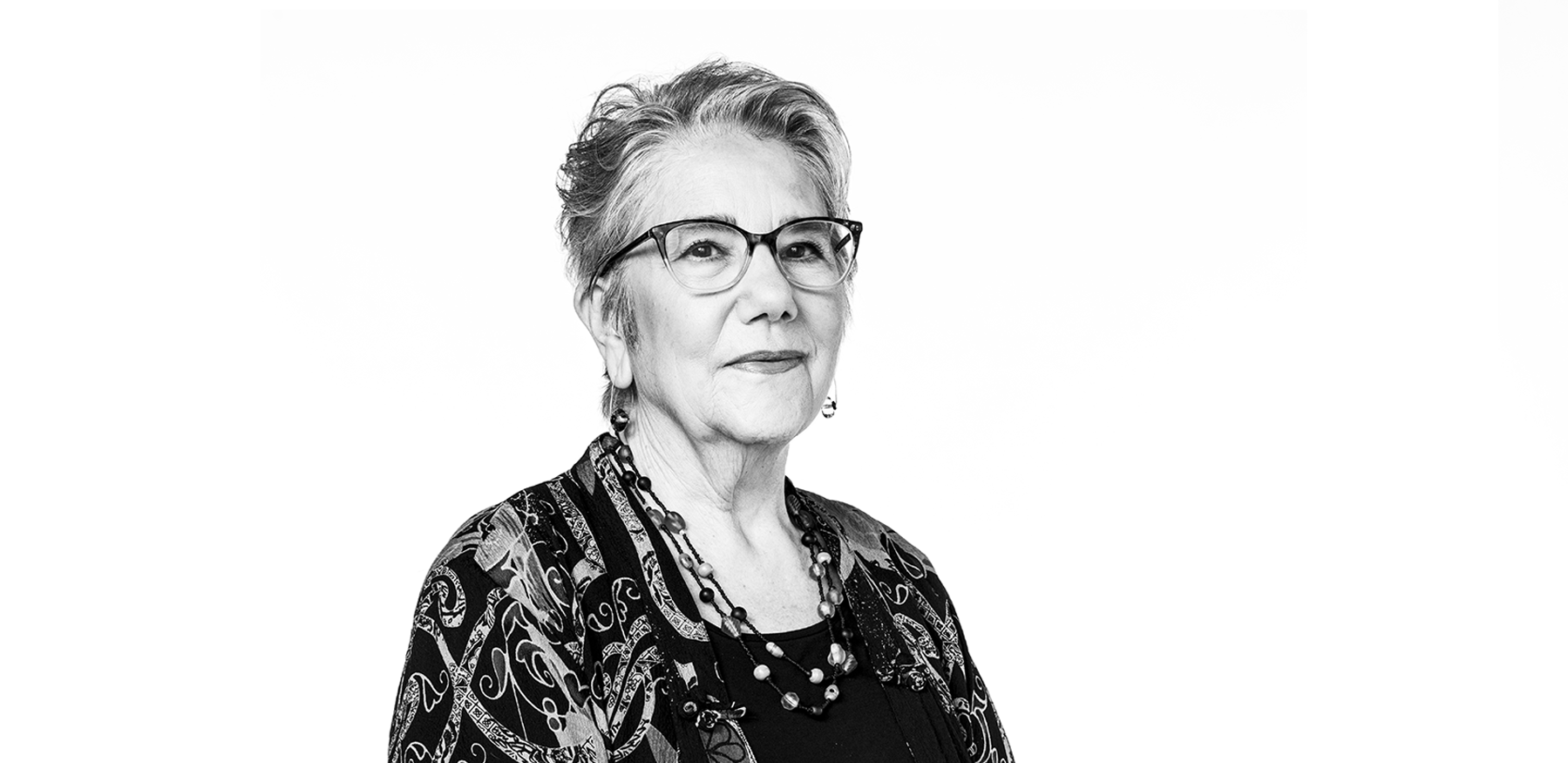
The argument against circumcision is founded on an unwavering commitment to bodily autonomy and the irrefutable benefits of remaining intact. Across cultures and through the annals of history, circumcision has been practiced for a myriad of reasons — yet today’s enlightened understanding of human rights and medical ethics calls for a staunch opposition to this unnecessary procedure.
Preserving one’s natural anatomy is a stand against an invasive procedure that lacks conclusive medical justification. Studies reveal that over 80% of the world’s male population remains intact, highlighting a global norm that contradicts the pro-circumcision narrative prevalent in the United States. Furthermore, the foreskin is recognized for its functional importance, housing thousands of nerve endings that enhance sexual pleasure, a fact that underscores the loss experienced through circumcision.
Moreover, the historical context of circumcision in various cultures does not diminish the contemporary understanding that every individual has the inherent right to make informed decisions about their own body. It’s high time to discard outdated practices in favor of respecting bodily autonomy and celebrating the human body’s natural state. The movement against circumcision is gaining momentum, fueled by the undeniable evidence of the benefits of staying intact and the growing recognition of the importance of personal choice in matters of health and well-being.
Circumcision Myths vs. Facts: Dispelling the Misconceptions
Intact penis care involves confronting a myriad of myths that obscure the truth, spreading misinformation and unwarranted fears. From exaggerated claims about hygiene difficulties to baseless health risks, these misconceptions perpetuate stigma and undermine the natural advantages of remaining intact. Below, we dismantle these myths with facts, advocating for a well-informed, anti-circumcision stance that celebrates the simplicity and inherent benefits of embracing one’s natural anatomy.
Myth: “Intact Penises are More Difficult to Clean”
- Fact: The hygiene of an intact penis is straightforward and uncomplicated. Simple, gentle washing with water is sufficient for cleanliness, negating the myth of excessive effort.
Myth: “Circumcision is Necessary to Prevent STDs”
- Fact: Effective STD prevention hinges on safe sexual practices, not circumcision status. Major health organizations emphasize condoms and safe sex education as the most reliable methods for STD prevention.
Myth: “Phimosis is a Common Problem That Requires Circumcision”
- Fact: Phimosis, or the inability to retract the foreskin, typically resolves naturally as a child grows. Only in rare cases where phimosis persists and causes issues are treatments required, which often do not involve circumcision.
Myth: “Circumcision Promotes Better Sexual Health”
- Fact: The foreskin is a highly sensitive part of the male anatomy, contributing to sexual pleasure. Studies have shown that circumcision can reduce sensitivity, arguing against the notion that circumcision offers sexual health benefits.
Myth: “Circumcision is Widely Accepted and Preferred”
- Fact: Cultural norms vary greatly, and remaining intact in many parts of the world is the standard. The perception of circumcision as the preferred or normative state is culturally specific and not grounded in universal health or hygiene principles.
To learn more about the profit motives behind the deliberate disinformation campaigns and shaming of the intact penis, read our article about the actual costs of adult circumcision.
Health and Hygiene: A Gentle Approach
Basic Care Guidelines
The journey of caring for an intact penis spans from infancy through adulthood, requiring nothing more than a gentle and respectful approach. For infants and young boys, the foreskin should not be forcibly retracted. Instead, cleaning should involve only the external parts. As boys grow and the foreskin naturally becomes retractable, a simple rinse with water during regular bathing is sufficient. This respectful, non-invasive approach ensures comfort and prevents potential harm, highlighting the ease of maintaining cleanliness and health without undue stress.
Dealing with Phimosis and Balanitis
Phimosis and balanitis are conditions often cited in arguments for circumcision. However, understanding these conditions reveals that non-invasive treatments are effective and preferable. Phimosis, a condition where the foreskin cannot be fully retracted over the glans, often resolves naturally over time. In cases where intervention is needed, topical treatments and gentle stretching exercises are successful alternatives. Balanitis, inflammation of the glans, is usually a result of poor hygiene or infection and can be treated with proper cleaning and medication. When understood and addressed with care, these conditions do not necessitate circumcision.
The Truth about UTIs and STDs
While proper hygiene is indeed crucial, the actual risk difference between circumcised and intact individuals is minimal when good hygiene practices are followed. Emphasizing cleanliness and safe sexual practices offers effective risk mitigation, presenting a strong case for the natural approach to health and well-being without the need for surgical intervention.
The Benefits of Remaining Intact
Sexual Health and Pleasure
The foreskin is rich in nerve endings, contributing significantly to sexual sensitivity and pleasure for both the individual and their partner. Its natural lubrication and motion during intercourse enhance the sexual experience, illustrating one of the key benefits of remaining intact. The impact of foreskin on sexual health and satisfaction is a testament to the advantages of embracing one’s natural anatomy.
Psychological Well-being
Choosing to remain intact also supports psychological well-being and body positivity. In a world where body image issues are rampant, embracing natural bodily autonomy fosters self-esteem and confidence. The decision to stay intact, supported by informed care practices, champions the right to personal choice and respect for one’s body.
Medical Perspectives
Healthcare professionals increasingly recognize the advantages of non-circumcision, advocating for informed choice and respecting bodily autonomy. The medical community’s insight underscores the importance of education and understanding in making care decisions that prioritize the individual’s well-being and rights.
Intactivism and Education
Global recognition and appreciation of genital autonomy are fundamentally rooted in education. The enlightenment process involves personal understanding, sharing knowledge about the intrinsic benefits of remaining intact, and advocating for gentle, respectful care practices. By breaking down the facts, debunking myths, and presenting clear, evidence-based information, we foster a culture of informed decision-making that places personal choice and bodily autonomy at its core.
However, the mission doesn’t end with individual enlightenment; it’s about creating ripples across communities, societies, and the world. This is where organizations like Intact America play a pivotal role. Intact America is at the forefront of advocating for genital autonomy, working tirelessly to change societal norms, challenge harmful traditions, and end unnecessary genital surgeries on minors who cannot consent. Our efforts are crucial in amplifying the message that every person has the right to make informed choices about their bodies.
Become an Intactivist: Support Intact America
- Educate Yourself and Others: Leverage the wealth of resources provided by Intact America to deepen your understanding of genital autonomy and the benefits of remaining intact. Knowledge is power, and sharing this knowledge is instrumental in shifting societal perspectives.
- Advocate for Change: Use your voice, whether in conversations with friends and family, social media, or community gatherings, to spread the word about the importance of bodily autonomy and the critical work being done by Intact America.
- Donate or Volunteer: Consider supporting Intact America or volunteering your time. Your contribution can significantly impact the fight for genital autonomy, supporting educational campaigns, legal efforts, and outreach programs.
- Stay Informed and Engaged: Follow Intact America on social media, subscribe to our newsletter, and stay engaged with our latest campaigns and initiatives. Staying informed about ongoing efforts and successes maintains momentum and inspires continued advocacy.
By aligning with organizations like Intact America, you’re championing a cause that seeks to protect future generations from unwarranted medical interventions. Join us in this vital mission: educate, advocate, and support. Together, we can make a difference, ensuring that personal choice and bodily autonomy are honored and celebrated.




No Comments